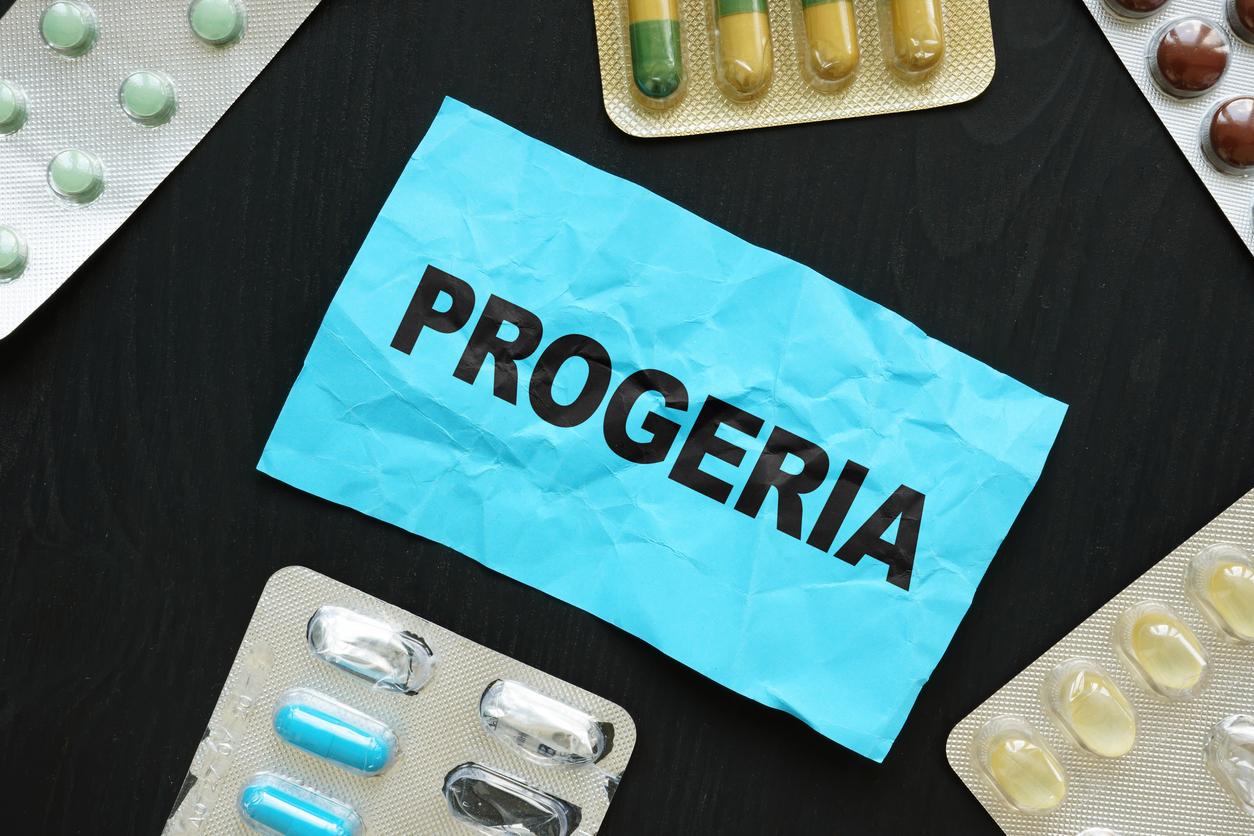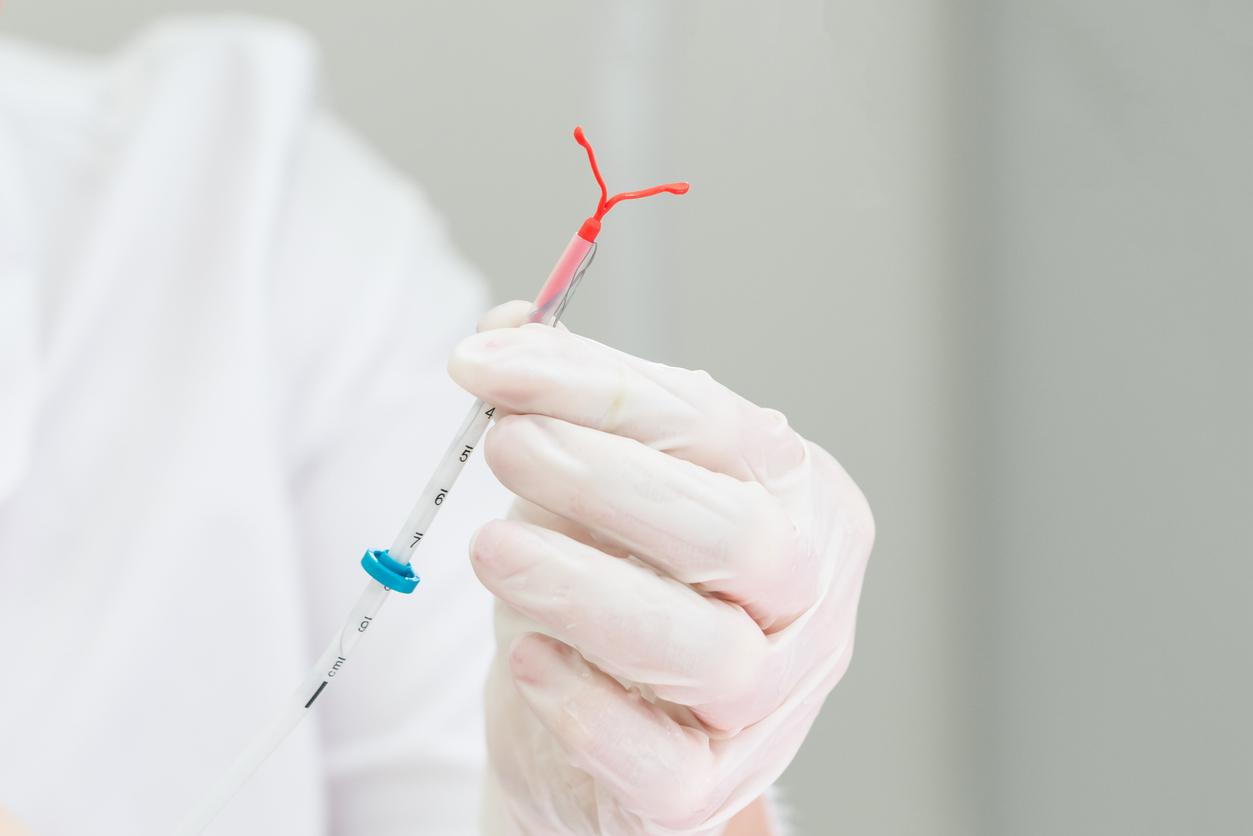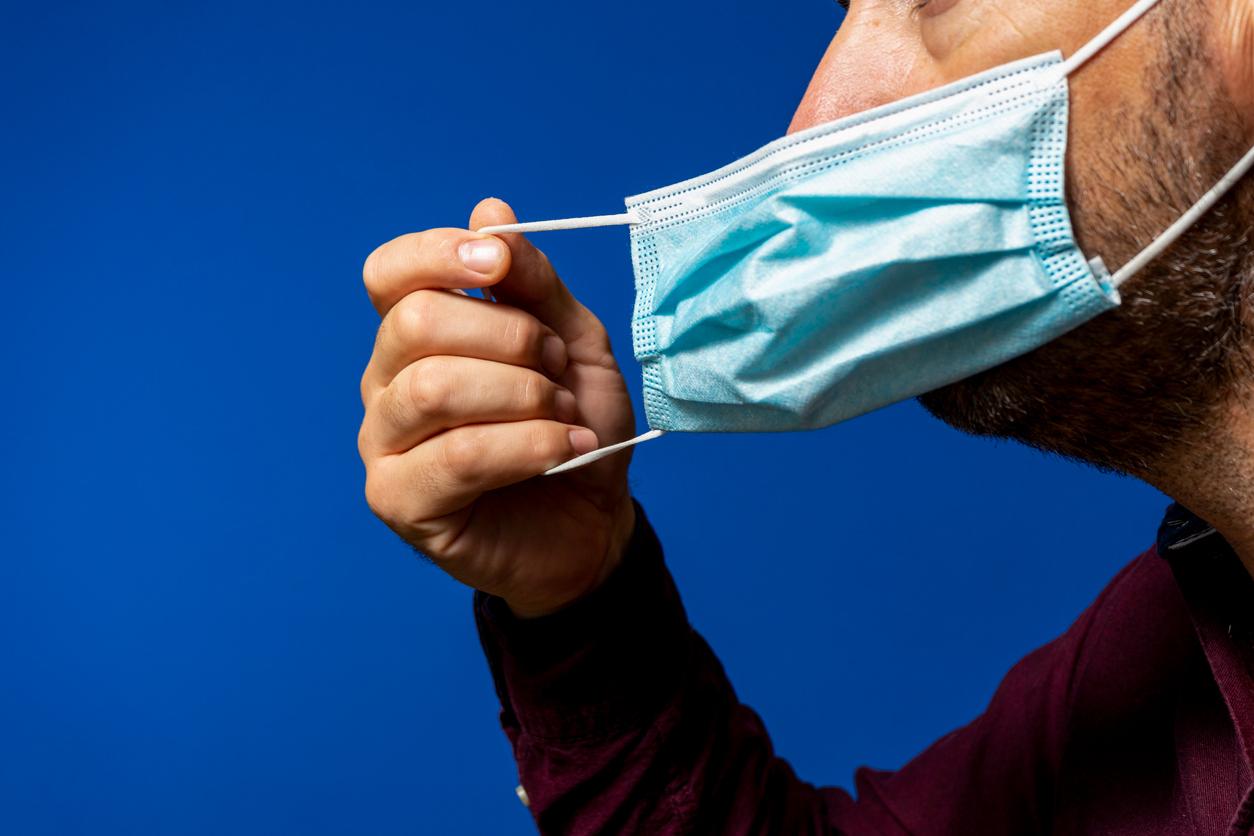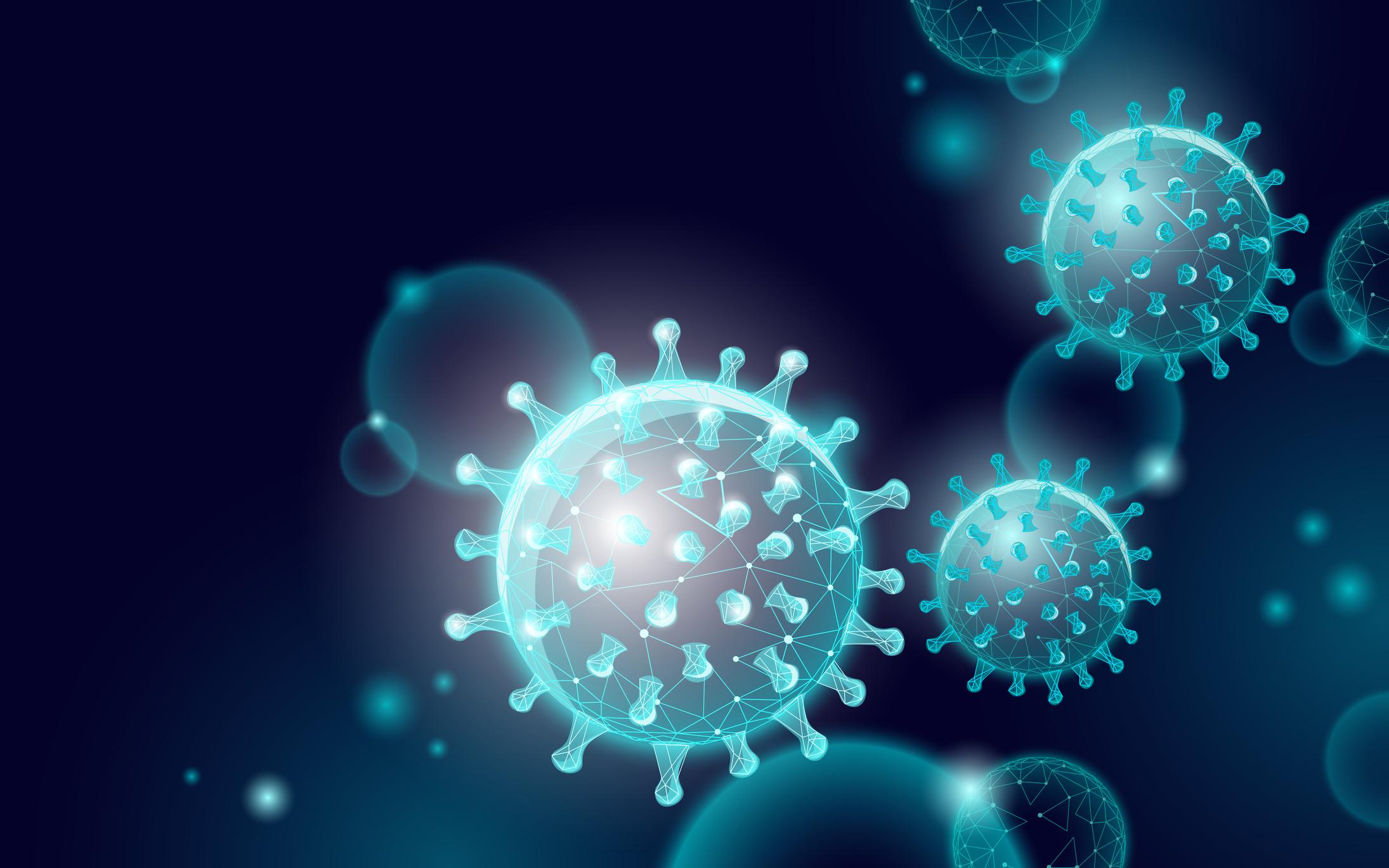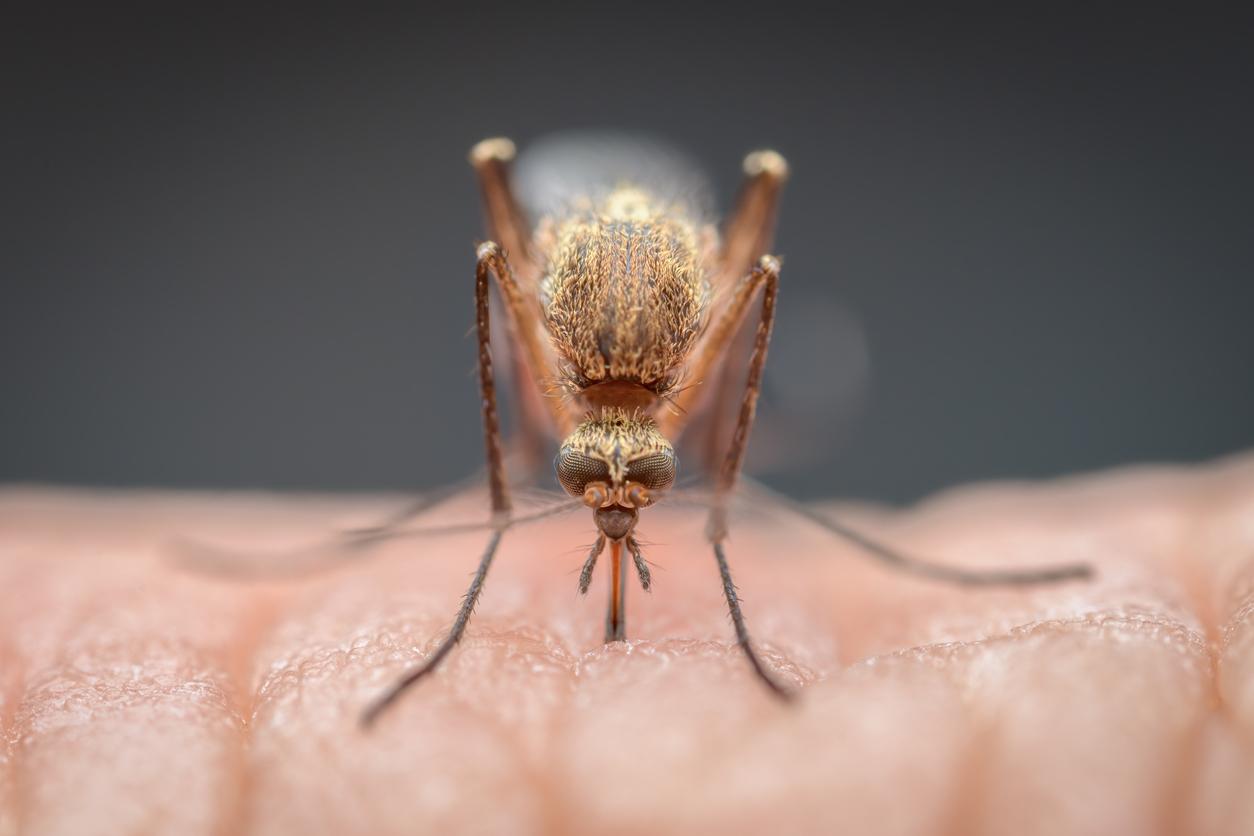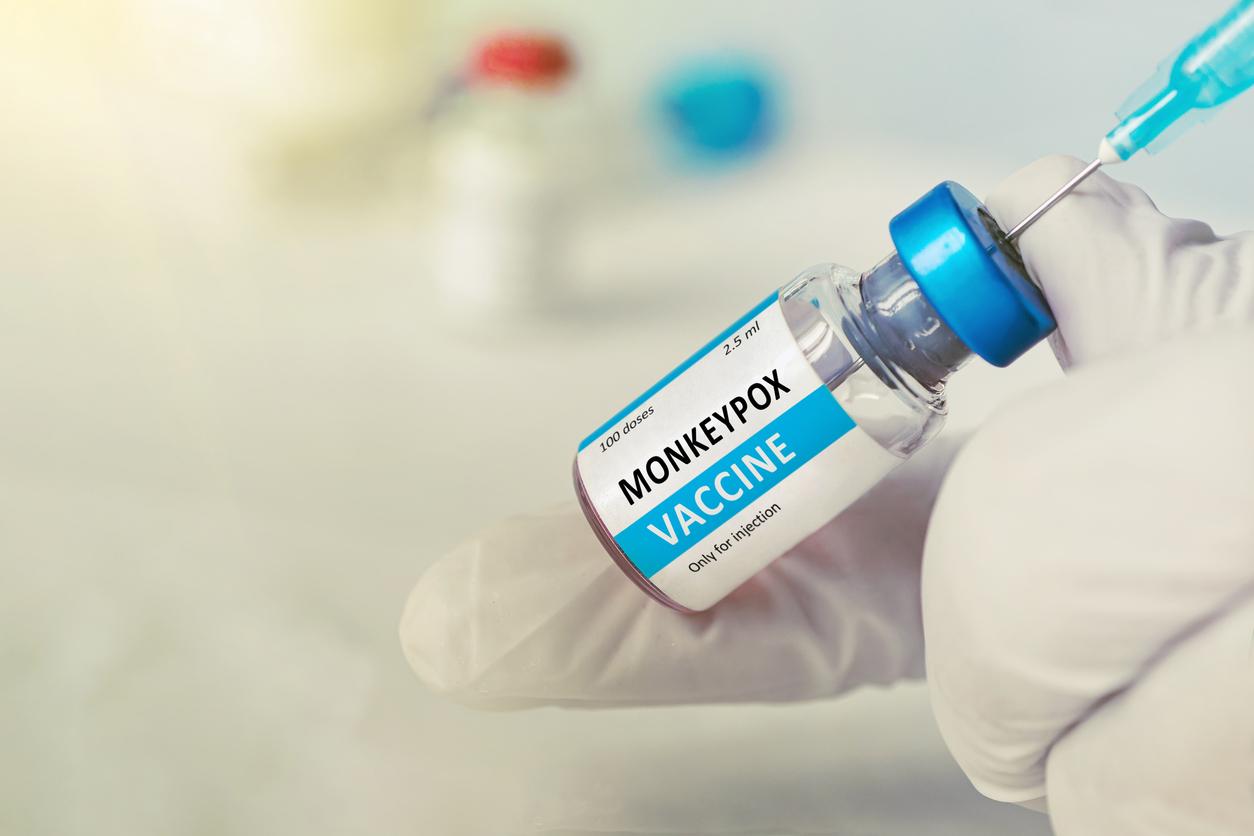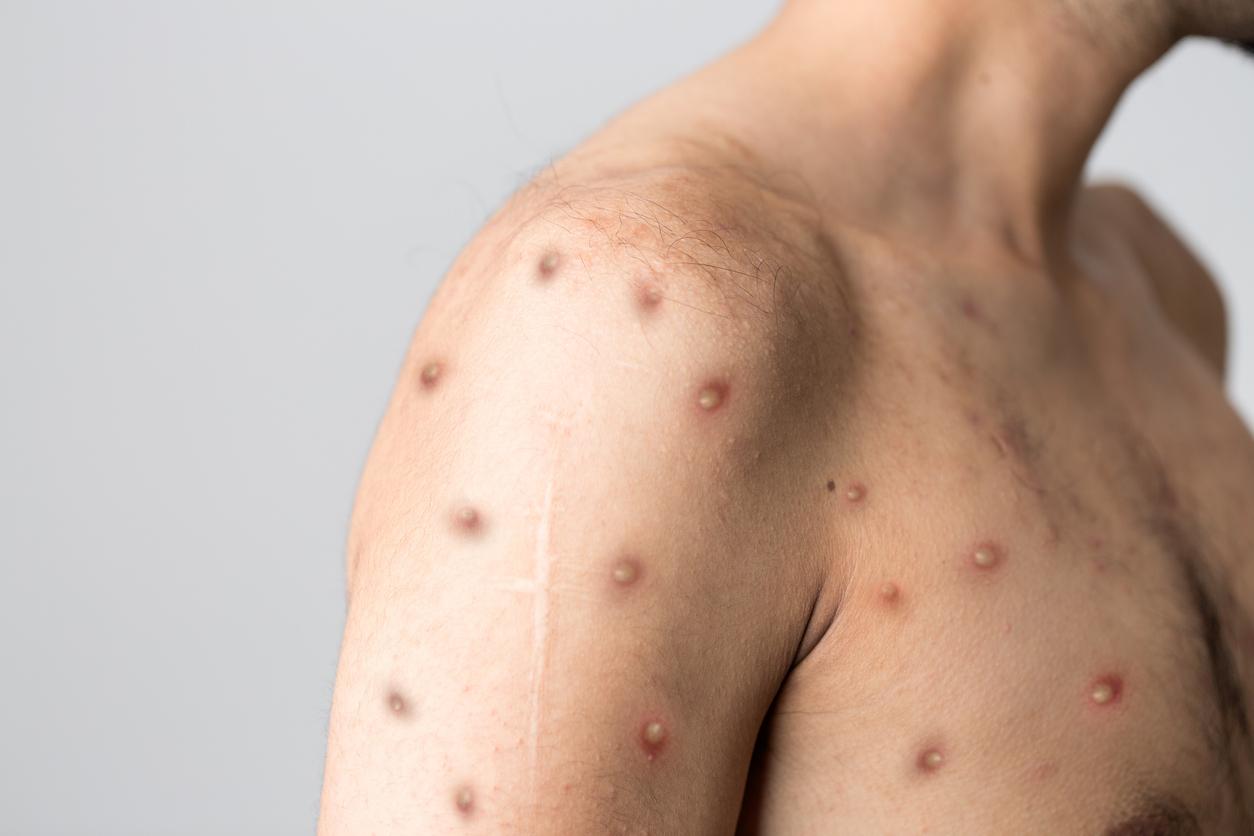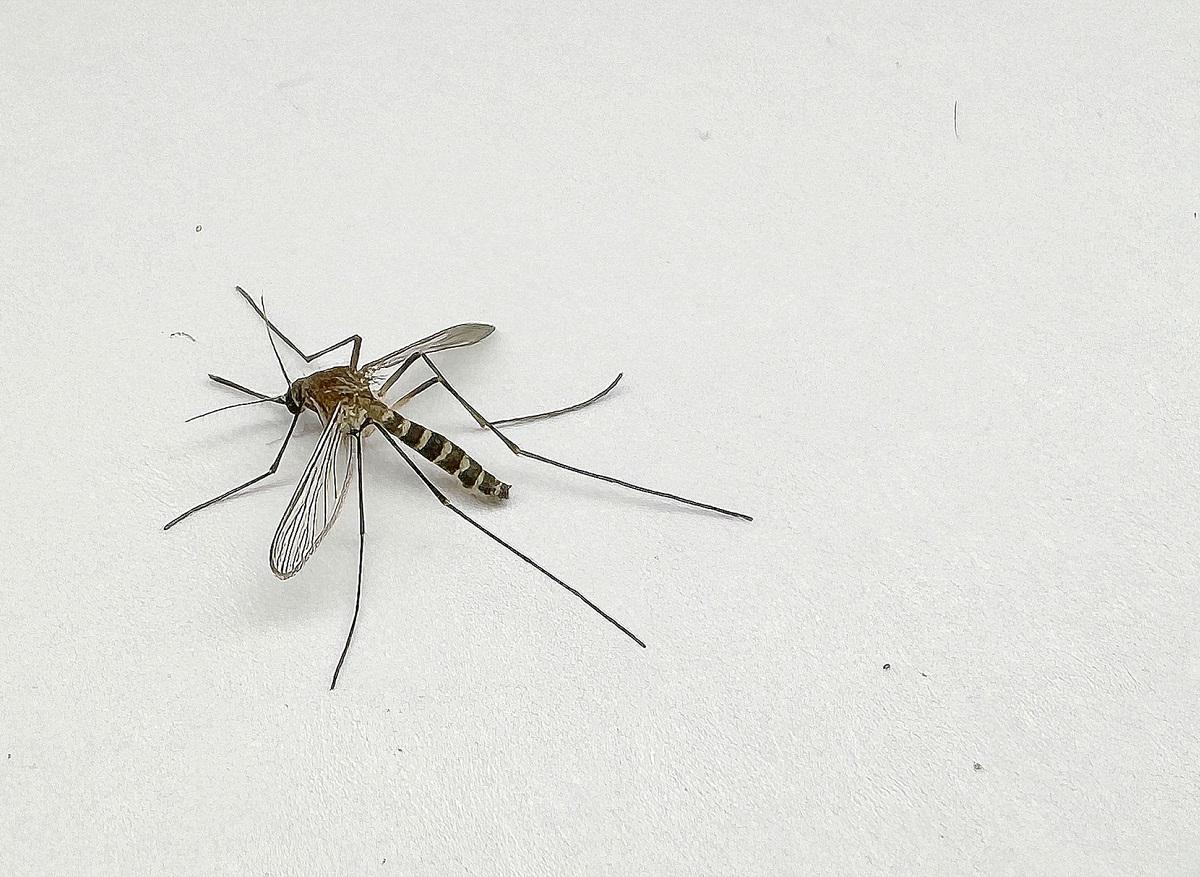The Calvados prefecture has issued an order to prohibit the collection and marketing of shellfish from two municipalities, Grandcamp-Maisy and Géfosse-Fontenay.
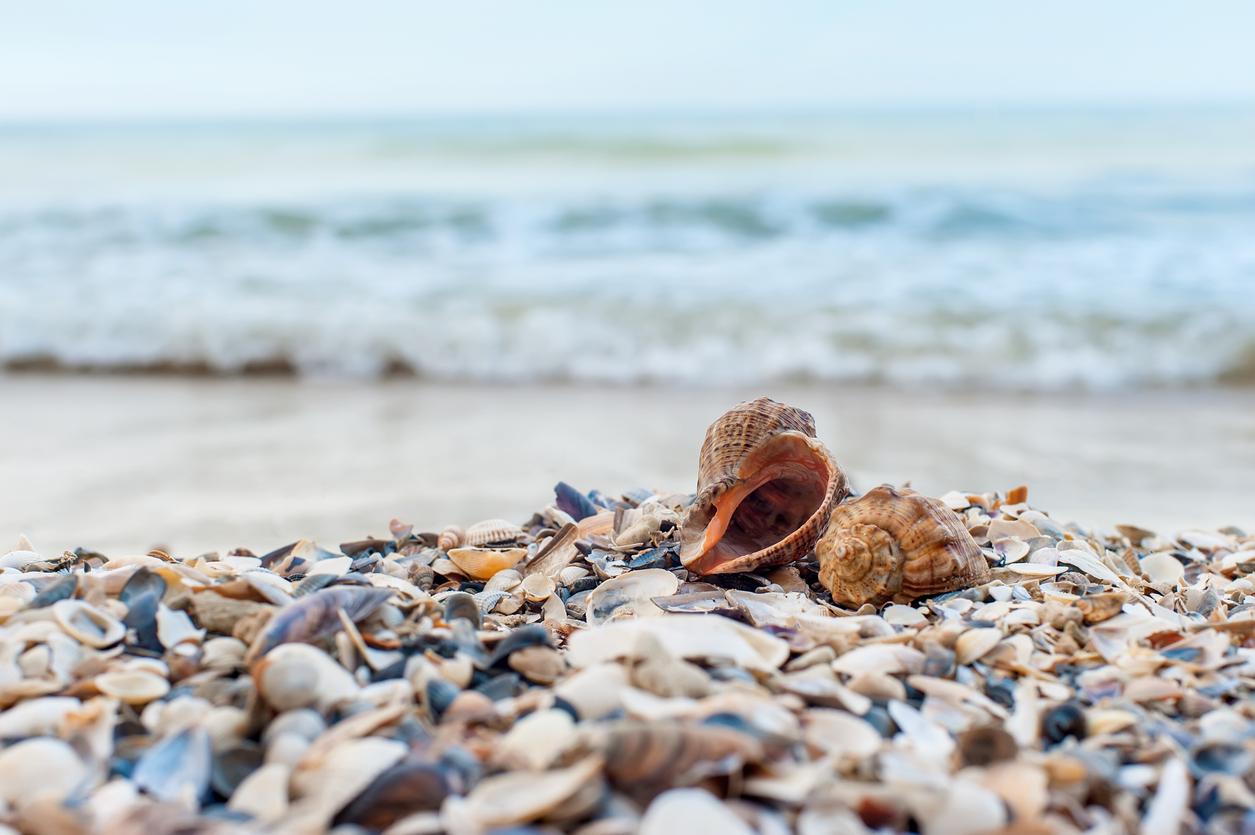
- The Calvados prefecture has banned the collection and marketing of shellfish in Grandcamp-Maisy and Géfosse-Fontenay until June 8.
- This decision was taken after the detection of 16 cases of hepatitis A linked to the consumption of shellfish from these areas.
- Within 15 days, the prefecture should re-examine the health situation to decide whether to extend or lift these measures.
In Normandy, the Calvados prefecture issued an order this Friday, May 24 to prohibit the collection and marketing of shellfish from two municipalities, Grandcamp-Maisy and Géfosse-Fontenay. The ban is set until next Saturday June 8.
Shellfish causing the transmission of the virus
“As of May 24, 2024, 16 human cases of hepatitis A sharing a possible common source of exposure have been brought to the attention of health authoritieswe can read in the press release from the Calvados prefecture. Traceability investigations made it possible to determine that the consumption of shellfish from the production areas of Grandcamp-Maisy and Géfosse-Fontenay could be the origin of the transmission of the virus for some of these cases.“
Hepatitis A is a liver infection caused by an RNA virus, HAV. Generally, liver damage is reversible but, in rare cases, 5 in 1,000 depending on health insurancehepatitis A is acute and serious.
The transmission of the virus of this disease, HAV, occurs either directly (contact with an individual carrying the virus) or indirectly, “through contaminated water (…) or shellfish or plants eaten raw/undercooked (mussels, clams, oysters, salads) and harvested in unsanitary water, food contaminated by HAV (.. .) or objects contaminated by HAV put in the mouth by young children”, indicates Health Insurance.

Hepatitis A present in Grandcamp-Maisy wastewater
Here, wastewater from Grandcamp-Maisy is also involved. Indeed, according to the Calvados prefecture, the analyzes “allowed [d’y] detect a significant viral load, indicating circulation of the virus within the local population.” However, there was no trace of the virus in the wastewater of other municipalities.
“Under these conditions, as a precaution and in particular in order to be able to note a drop in viral circulation in the days to come, the prefect decides to close the shellfish production areas of Grandcamp-Maisy and Gefosse-Fontenay until June 8, and to remove shellfish still on the market,” indicates the prefecture. Recreational shore fishing for all species of filter-feeding shellfish is also prohibited.
In 15 days, the prefecture will re-examine the health situation to decide whether to extend or lift these measures. Since 2005, hepatitis A has been the subject of monitoring at national level with mandatory reporting to regional health agencies of grouped cases to quickly take the necessary control measures.




